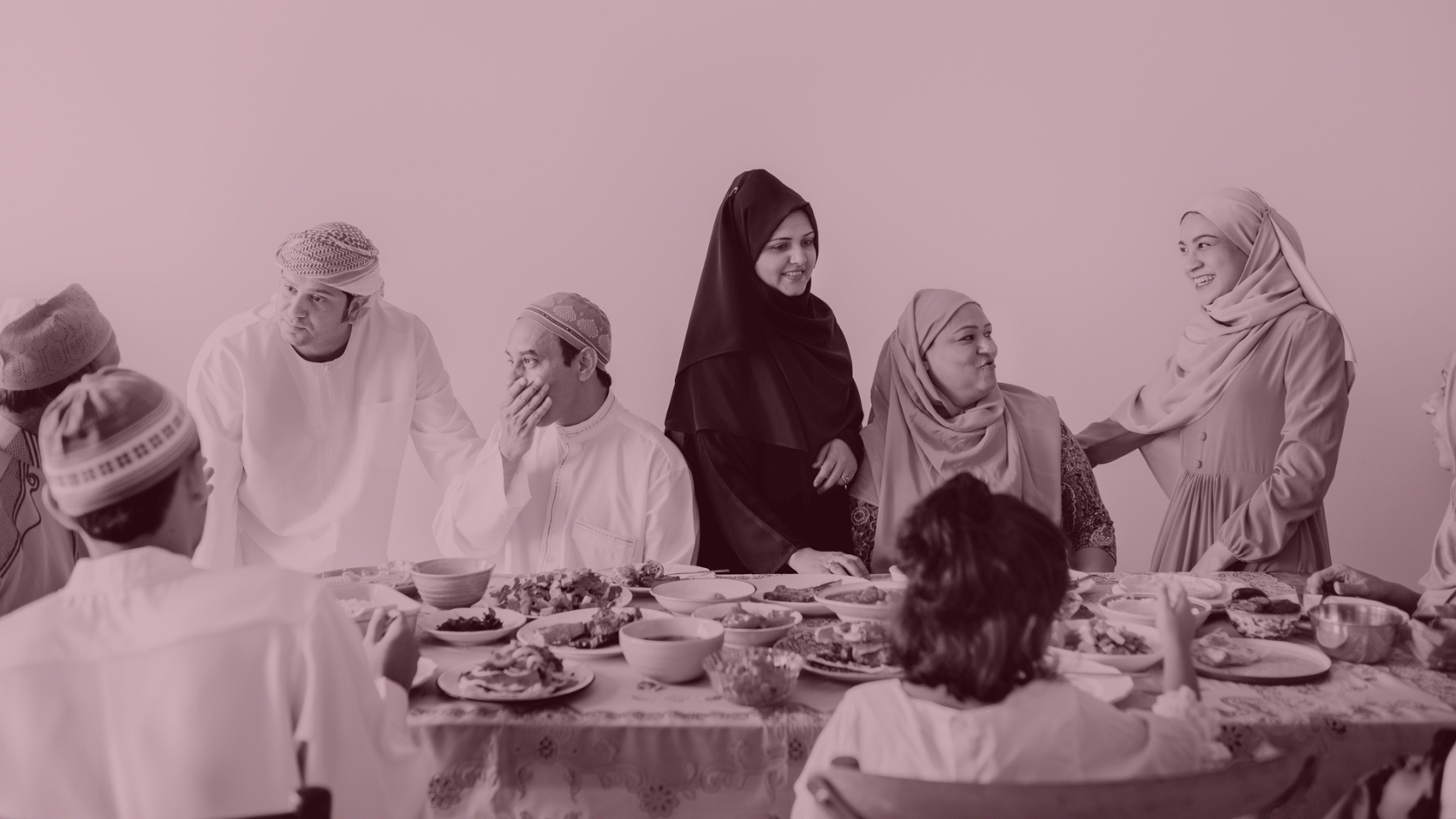Ramadan is a sacred month in Islam during which Muslims fast from dawn to sunset, it is a month of reflection, prayer and community. While being an immensely rewarding month, it also presents personal challenges for individuals as we strive to become closer to God and strengthen our imam (faith).
As the holy month of Ramadan draws near, it’s important to prepare the mind and body for the spiritual journey you are about to take.
Here are ten best practices for Ramadan 2024 to get you prepared:
- Sincere intention (Niyyah): Start Ramadan with a sincere intention to observe the fasts and engage in acts of worship for the sake of Allah. Intentions play a crucial role in the acceptance of deeds.
- Suhoor and Iftar planning: Plan nutritious and balanced meals for Suhoor (pre-dawn meal) and Iftar (meal to break the fast). Include a variety of food groups to ensure sustained energy throughout the day. To break your fast, you may want to invite family, friends or even work colleagues to join you.
- Spiritual reflection: Set personal goals for spiritual growth, and evaluate your progress regularly. This may include engaging in conversations with you imam or family members on how improve your knowledge of Islam.
- Consistent prayer and Quranic recitation: Establish a consistent prayer routine, and aim to increase your recitation of the Quran. Focusing not only on quantity of reciting the Quran but also on understanding and implementation into your life.
- Charity and acts of kindness: Embrace the spirit of giving by engaging in acts of charity and kindness in your local community. Giving charity does not always mean giving money, you can donate your time by volunteering at events for charities or raising funds to support humanitarian causes
- Self-discipline and patience: Use this opportunity to practice controlling your desires, emotions, and reactions in various situations. In the long run you will have greater patience and self-discipline in your everyday life.
- Avoiding negative speech and actions: Be mindful of your words and actions towards others. Strive to create a positive and uplifting environment, to create a positive impact in the lives of others.
- Community involvement: Participate in community events, where possible. Attend Tarawih prayers at the mosque, join communal iftars, and engage in collective acts of worship to strengthen the sense of community.
- Health and well-being: Take care of your physical health during Ramadan. Ensure you get adequate rest, stay hydrated, and eat healthy Iftar meals. Supporting your physical health will also help improve your mental health.
- Gratitude and thankfulness: Adopted an attitude of gratitude. Be thankful for the blessings you have, and use this month to develop a deeper appreciation for the simple joys in life such as a having clean water, a safe home and plenty of food.

